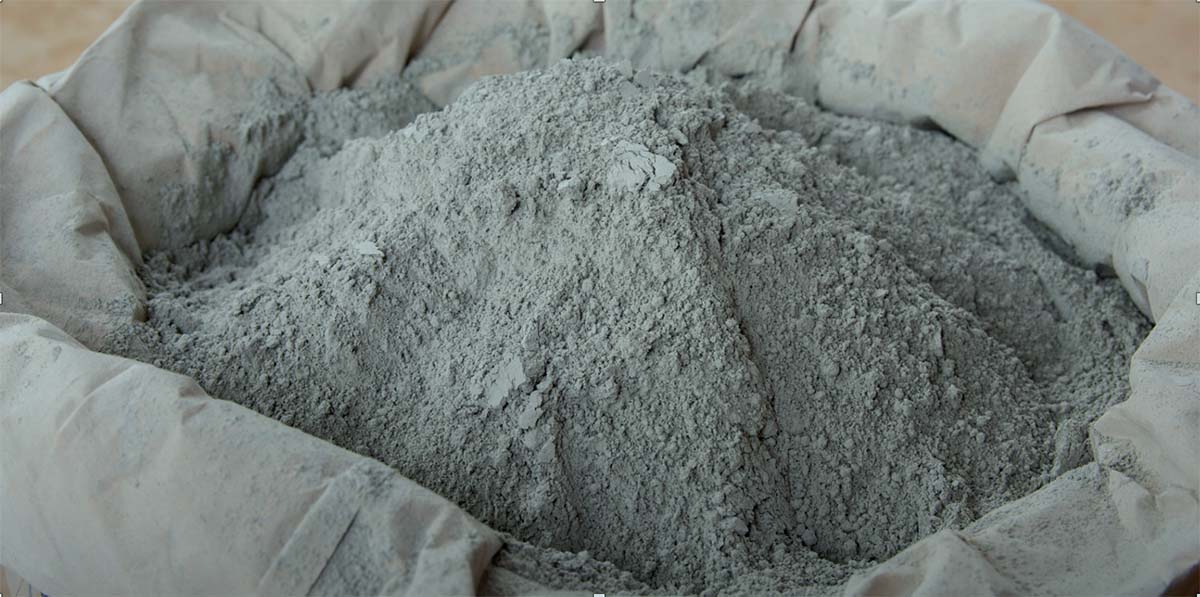
The Importance of Quality Control in Powder Processing
When it comes to powder processing, quality control is more than just a regulatory requirement — it’s a huge factor in ensuring the effectiveness, safety, and reliability of your products. Now, let’s talk about why quality control is so important in powder processing and how it impacts your business.
What is Powder Processing?
Powder processing involves various techniques to handle, blend, and refine powdered materials. This includes grinding, milling, sieving, and blending processes to achieve the desired particle size, consistency, and properties. Quality control in this context ensures that each step of the process meets stringent standards to produce a final product that is both effective and reliable.
Why Quality Control Matters
Did you know that even minor variations in a powder’s composition or particle size distribution can have significant impacts on the final product? Rigorous quality control measures throughout the powder processing workflow are essential to ensuring batch-to-batch reliability and mitigating risks. From raw material intake to final packaging, comprehensive quality checks are the key to delivering powders that consistently fulfill customer requirements.
1. It ensures consistency and uniformity.
Consistency is key in powder processing services. Variations in particle size or distribution can lead to inconsistent product performance, which can affect everything from manufacturing processes to end-user satisfaction. Quality control measures, such as precise measurements and regular testing, help ensure that the powder meets uniformity standards. This is essential for industries where precise formulations are critical, such as industrial and feed additive.
2. It enhances product safety.
In many industries, especially those dealing with consumables or pharmaceuticals, product safety is paramount. Quality control helps identify and mitigate potential contaminants, impurities, or defects that could pose health risks. By implementing rigorous testing and inspection protocols, manufacturers can prevent unsafe products from reaching the market, safeguarding both their reputation and the health of their customers.
3. It improves efficiency and reduces waste.
Effective quality control practices can significantly enhance process efficiency and reduce waste. By identifying and addressing issues early, such as equipment malfunctions or material inconsistencies, manufacturers can prevent costly production errors and reduce the amount of wasted material. This not only improves overall efficiency but also lowers production costs and environmental impact.
4. It ensures you meet regulatory standards.
Many industries are subject to strict regulatory requirements regarding product quality. Quality control helps ensure compliance with these regulations, avoiding legal issues and potential fines. For example, in pharmaceuticals, adherence to Good Manufacturing Practices (GMP) is essential. Regular quality checks and documentation help demonstrate compliance and maintain certification.
Quality Control Techniques in Powder Processing
When you’re dealing with powders, quality should not be taken lightly. That’s why powder processors have a whole toolbox of quality control methods to keep things dialed in. From sampling and testing to process monitoring and documentation, there are plenty of checks and balances to make sure every batch meets the mark.
Particle Size Analysis
One of the most crucial aspects of powder quality control is particle size analysis. Techniques such as sieve analysis, laser diffraction, and microscopy help measure and control the particle size distribution of the powder. This ensures that the powder meets the specified requirements for its intended application.
Moisture Content Testing
Moisture content can significantly affect powder properties, including flowability and stability. Techniques like thermogravimetric analysis (TGA) or Karl Fischer titration are used to accurately measure and control moisture levels in powders, ensuring optimal performance and shelf life.
Contaminant Testing
Detecting and eliminating contaminants is essential for maintaining product safety and quality. Methods such as spectroscopy, chromatography, and microbial testing help identify potential impurities or contaminants in the powder, ensuring that the final product is pure and safe.
Equipment Calibration and Maintenance
Regular calibration and maintenance of milling and processing equipment are vital for consistent quality. Ensuring that equipment operates within specified parameters helps prevent deviations that could affect the powder’s quality. Routine inspections and maintenance schedules are crucial for reliable and accurate processing.
Discover How M&M Milling Can Transform Your Powder Processing
At M&M Milling, we specialize in custom toll and contract manufacturing, offering expert solutions for all your powder processing needs. From custom milling to comprehensive quality control, we have the know-how to turn out powders that are consistently on point. Not to mention, our commitment to quality ensures that every product meets the highest standards of consistency, safety, and performance.
Contact us today to learn more about how our quality control measures can benefit your production process.